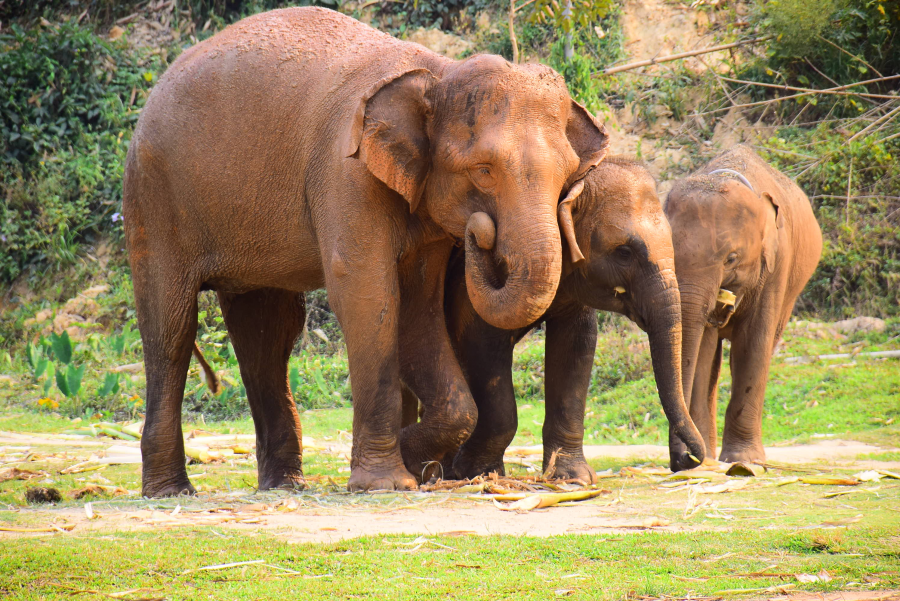
“Trunks & Tales: An Elephant’s Unforgettable Journey”
Elephants are widely recognized for their remarkable memory, a trait admired by scientists and the general public alike. Their memories go beyond remembering locations, food sources, or migration routes; they extend to recalling past events and interactions with individuals, whether human or animal.
Wild elephants in Africa and Asia exhibit an impressive ability to remember distant water sources and feeding grounds. During dry seasons, they often travel hundreds of kilometers to find these resources. Studies have shown that older matriarchs lead their herds with precise knowledge of where to find water and food, even remembering which locations to visit during specific times of the year. These experienced elephants can guide their herd along the safest and most efficient paths, which is vital for survival.
Elephants can remember not only other elephants but also people they have encountered, even after years have passed. Researchers have observed that elephants recognize individuals who have either treated them well or harmed them, displaying distinct responses based on these memories. When they encounter people who have previously cared for them, they may show affection by using vocalizations or touching them with their trunks. Conversely, when encountering someone who has mistreated them, they may show physical signs of distress or anger, like swinging their trunk aggressively or keeping a defensive distance.
In addition to remembering locations and individuals, elephants have emotional memories tied to experiences of joy, sadness, and loss. For instance, elephants are known to grieve for deceased herd members, often revisiting the place where they passed away, staying there for extended periods, or even returning to the spot repeatedly over the years. This behavior reflects the complexity of their emotions and their deep social bonds.
The memory of elephants is not only scientifically fascinating but essential to their survival in the wild. It enables them to recall food and water sources during scarcity, avoid dangerous places, and remember individuals who pose threats. Their ability to connect past experiences with present situations is a key to their survival and the protection of their herd.
Elephants' exceptional memory makes them not only astonishing creatures but also invaluable members of their ecosystems. Through their rich memories, they tell stories of the natural world, weaving together generations of knowledge that help them—and those who study them—better understand their environment.